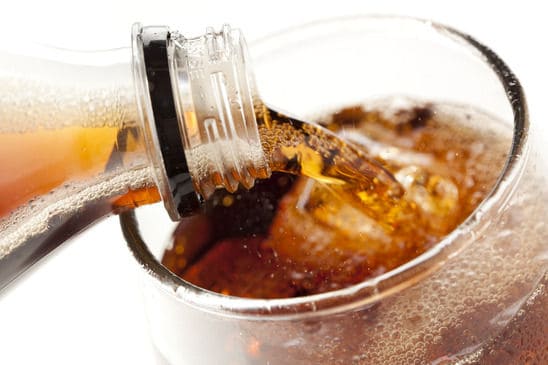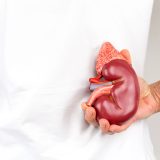

Whether it is for everyday consumption or a special occasion, many American families regard soda as their beverage of choice. Preferences for consuming this beverage have diminished over the past several years, but soda remains a mainstay of modern culture. While healthcare practitioners have long believed that soda could contribute to developing Type 2 diabetes, a new European study confirms this insidious connection.
Soda Consumption
A recent Associated Press report found that the average American consumes 44 gallons of soda annually. While this sounds like an awful lot, it is far less soda than we used to drink. Back in 1998, Americans drank an average of 58 gallons per year. The 15-year decline is largely attributed to worries about obesity and the related development of Type 2 diabetes. The soda industry’s decline comes amid several prominent efforts to reduce soda consumption, such as:
- New York Mayor Michael Bloomberg’s attempt to limit soda sizes.
- First lady Michelle Obama’s “Let’s Move” program that encourages children to pass on soda.
Despite the obvious relationship between drinking soda and ill health, the habit of drinking soda seems to be challenging for many people to break.
Type 2 Diabetes
A disease in which the body is unable to produce, use and/or store sugar, diabetes affects an estimated 8 to 9 percent of the population. This sugar processing problem causes high blood sugar levels and can cause a long list of serious side effects. Diabetes is the sixth leading cause of death in the U.S.
There are two major types of diabetes: Type 1 and Type 2. Most people with diabetes have Type 2, also known as adult-onset diabetes. Type 2 diabetes results when the body doesn’t produce enough insulin and/or is unable to use insulin properly, a condition known as insulin resistance. Insulin is necessary to convert sugar in the blood into energy. While there are many influential factors in the development of Type 2 diabetes, obesity seems to be one of the most likely culprits.
Soda Research
The American Diabetes Association generally provides accurate, useful information about preventing the onset of Type 2 diabetes; however, they can’t always keep up with the latest research. On their website, they inform readers that drinking regular soda will not directly cause diabetes; but drinking it frequently will add extra calories to the diet, causing weight gain, which increases the risk for developing diabetes.
Though, the risk of developing diabetes appears to rise significantly by drinking just one soda a day. According to a British study published online in Diabetologia on April 24, 2013, drinking one 12-ounce sugar-sweetened soft drink a day can increase the risk of Type 2 diabetes by 22 percent. Reported by Dora Romaguera, Ph.D., from the School of Public Health, Imperial College London, United Kingdom, and colleagues, the data suggests a clear need to educate consumers about the negative impact these beverages can have on our health.
Diet Soda
Many people swap regular soda out for diet soda, assuming that this zero-calorie beverage will protect them from obesity and Type 2 diabetes. Roaguera’s study did not find diet soda guilty of increasing diabetes risk, but this association should not be ruled out. While research into the relationship between diet soda and Type 2 diabetes has produced conflicting results, the following are two studies that should initiate further investigation into the safety of diet soda:
- As reported in an April 2013 edition of the European Journal of Nutrition, consumption of diet soda was significantly associated with an increased risk for diabetes in Japanese men.
- As reported in an online January 2013 edition of the American Journal of Clinical Nutrition, women who drink large amounts of diet soda are at increased risk for Type 2 diabetes.
The information filtering in that connects diabetes risk to soda consumption has not yet made its way to the public health arena. Although a can of soda does not contain a label warning about its ability to cause harm, those wanting to reduce their risk of developing Type 2 diabetes are urged to reconsider their regular or diet soda drinking habit.





I drink diet soda every day. Hm.